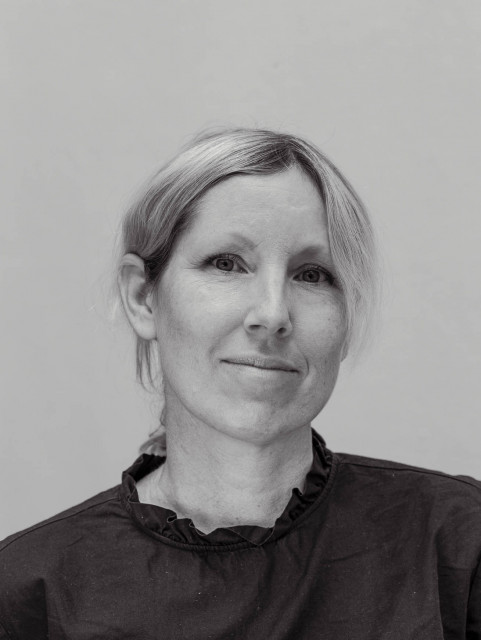Unexpected and Unforeseen was first developed for the course Film as a Research Tool at Linnaeus University/Valand Academy in 2023.
My aim has been to provide an audiovisual reflection on the years before, during, and after the COVID-19 pandemic. The reflection starts in my own experience of post-Covid and isolation in 2021.How do we respond to the changes that a pandemic can bring? Is there anything useful in the unexpected and unforeseen? These are some of the questions that the film sets out to explore.
In the process, I have turned to writers and thinkers such as financial theorist Nassim Nicholas Taleb, whose concept of the ‘black swan event’ (2007) describes the impact of ‘highly improbable events’ such as the attack on the World Trade Center in 2001. Another source of inspiration was the Swedish text Viruset och världen (The Virus and the World, 2020) by historian and opinion maker Johan Norberg, in which he discusses the historical impact of pandemics on society and how these often result in closure of boarders and limitations to free trade and exchanges between people. I have searched for images that can complement rather than illustrate the film’ s themes of viruses, animals, nature, humans, movement and continuity: the black swan as a symbol of the unexpected, images of abandoned landscapes and places, the resemblance of a gemstone to a virus cell.
To enlighten this rather dark analysis, I have also turned to writers such as Rebecca Solnit and to Buddhist thought. Solnit explores notions of hope and the role of the unforeseen in Hope in the Dark (2004) and A Field Guide to Getting Lost (2005). In certain branches of Buddhism, the transitory and sometimes futile character of worldly existence is explored and celebrated, which also reflects in the Japanese art form of Ukiyo-e (1661). This film equally draws on writings by Japanese post-war author Kōbō Abe, whose existential and socially critical gaze has informed the overall artistic collaboration in which the film was first presented: A Paralysis of One’s Inner Sense of Direction at SKF/Konstnärshuset, 2024.
All the clips in this film have been filmed with an iPhone 11 (or earlier), during my trips in Asia and Europe in the years before the pandemic. My guiding principle in the editing work has been to trace one slow camera movement – forward or lateral – in order to create a meditative state for the viewer: a state for reflection. Here, if not elsewhere, I hope to provide a space for reflection on what we have learned in the past few years, and how we can use these experiences to better navigate forward.
Rent this work for public screenings

